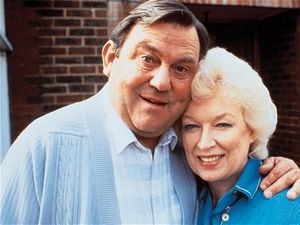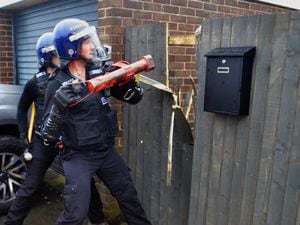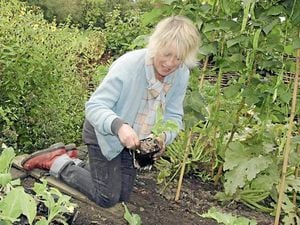Star comment: Don't sleepwalk into insomnia
Sleep is fundamental to us all. We need physical and mental rest from the rigours of the day. Otherwise we fail to operate properly and our life spirals out of control.

But half of us are failing to get enough sleep, fuelled by stress and anxiety, our obsession with mobile phones and long working hours, which squeeze the time we have to wind down and relax.
Today’s feature on insomnia matters because it is an issue that torments millions. Being sleep-deprived fuels depression, which in turn fuels insomnia. Those who suffer can fall into a downward spiral.
Much is said about the work-life balance and the fact is many of us have got it wrong, because of the pressure of work or family issues that play on our mind. It is essential that we all care for ourselves, not just physically but mentally. And there are ways to improve sleep without resorting to pills. Simple measures, such as creating routine and turning off mobile phone screens, can make a big impact.
Much scientific research has shown the importance of sleep and we owe it to ourselves to take good care of our own wellbeing and to ensure we have adequate rest. All too often, it is easy to take on too much when our minds and bodies resist. Such overloads manifest themselves in poor sleep quality when we imagine we can cope.
Achieving a sensible balance between commitments to others and to work, and self-care, is essential if we are to live long, happy and healthy lives. We must prioritise our mental and physical wellbeing and avoid easy distractions that lead to poor health.
All of us can perform the equivalent of a self MOT, giving ourselves a check-up for good and bad habits.
***
The long hard winter continues for many. Our Feed a Family campaign continues to help keep stocks up at food banks that are in demand. Meanwhile, for many, simply keeping the energy on at home is a challenge and energy firms say they will no longer forcibly install smart meters in the properties of those that are vulnerable.
Both issues tell us something about our society. On one hand, many are relying on charity and goodwill to get the food they need. On the other we have bailiffs who have been forcing their way into homes and installing meters that bring with them the danger of power cuts. In both cases, one could argue that the state has failed those in need.
It is without doubt true that, in an ideal world, people should help themselves out of poverty. After all, there are plenty of jobs around at the moment. But it is also important that the state is there to help when needed.





